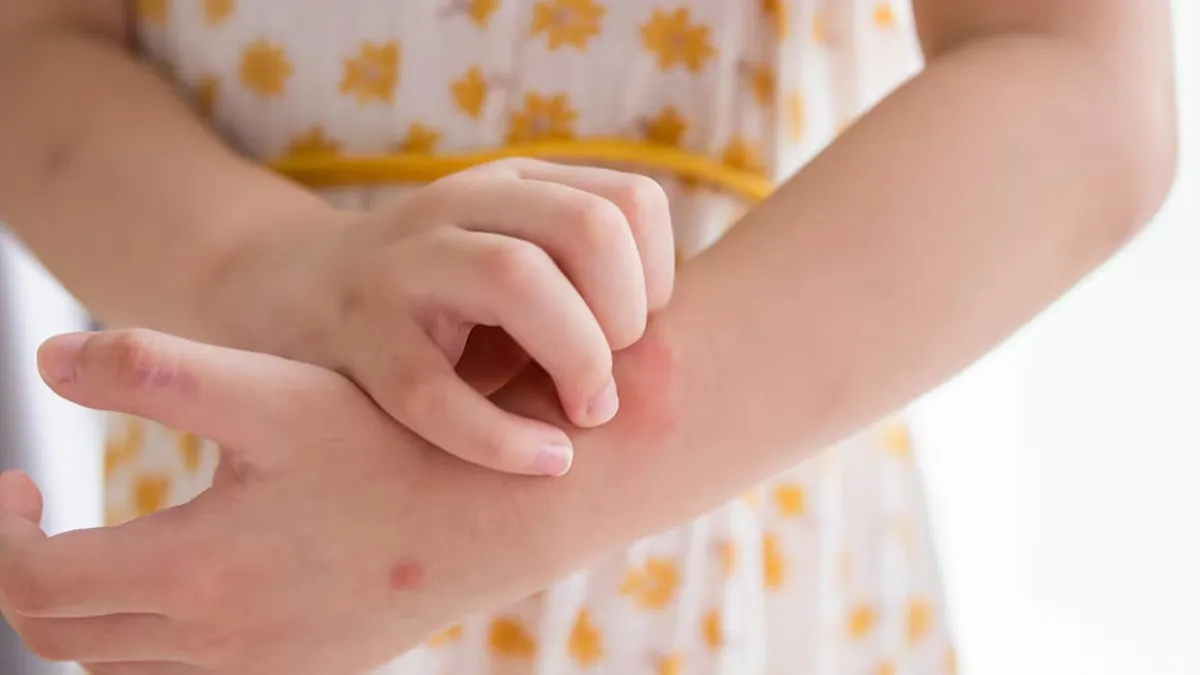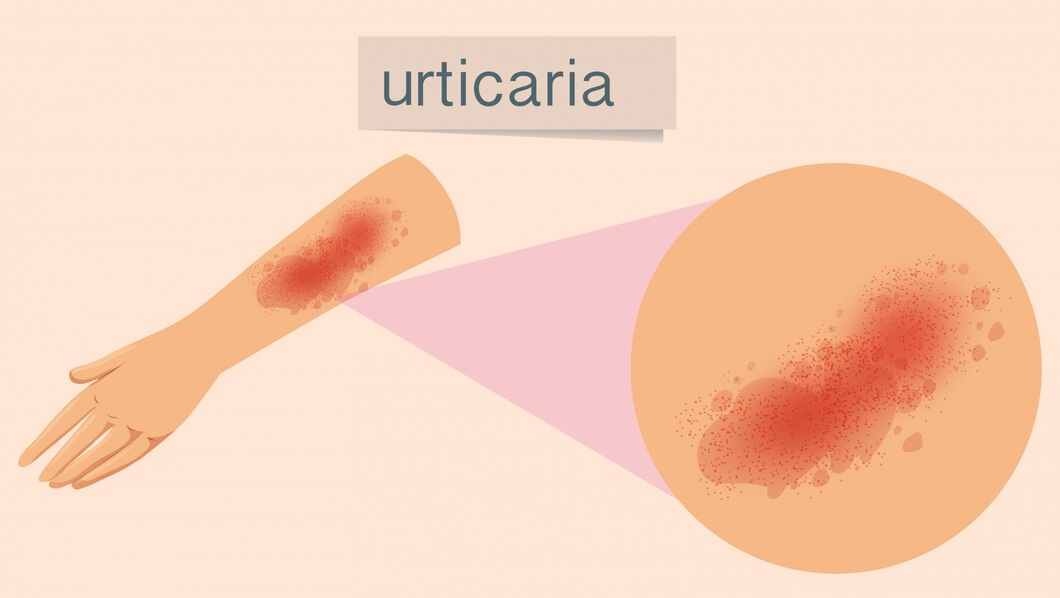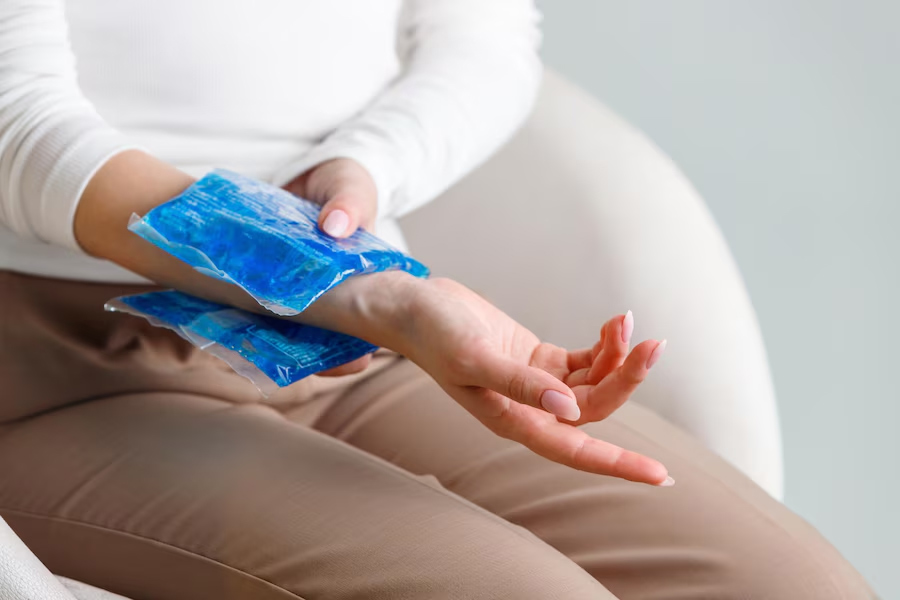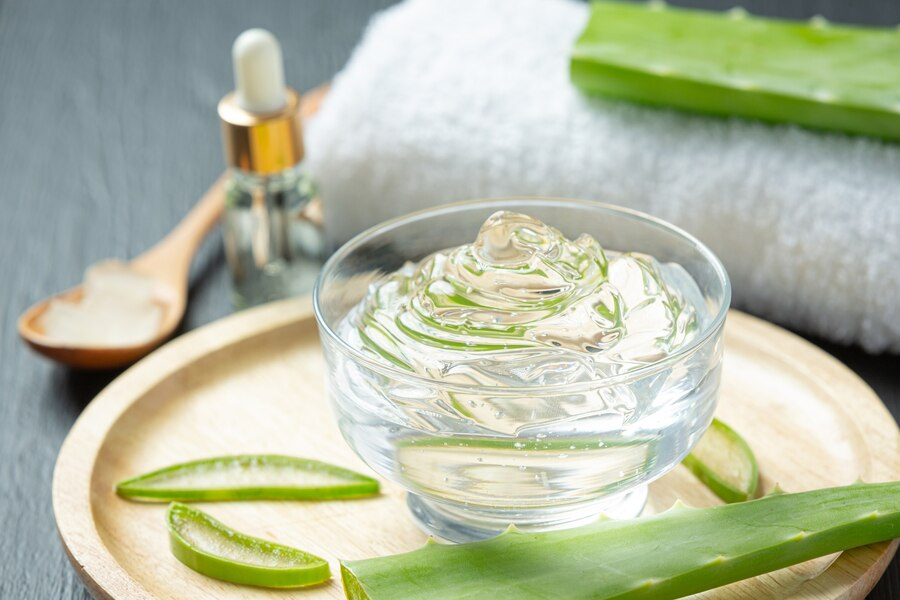
Dealing with urticaria, or hives can feel like an uncomfortable and frustrating experience, especially when the itching and redness seem relentless. Whether triggered by an allergic reaction, stress, or an unknown cause, these raised welts on the skin can make you want to do anything for relief. The good news is several simple and effective home remedies can help soothe the irritation and reduce flare-ups. For those dealing with the discomfort of urticaria, there are several effective ways to soothe the symptoms using natural methods.
Table of Content:-

According to the Indian Journal of Dermatology, Venereology and Leprology (IJDVL), urticaria is characterised by temporary, raised, and often itchy swellings in the skin, typically appearing as well-defined areas of oedema. It is also known as nettle rash, hives, or weals. These lesions generally last for a few hours, but rarely extend beyond 48 hours.
Home Remedies For Urticaria
1. Cold Compress for Instant Relief

One of the simplest and most effective remedies for urticaria is applying a cold compress to the affected area. The cool temperature helps reduce inflammation, itching, and redness by constricting the blood vessels and slowing down histamine release. It can offer quick relief, especially when the hives are large or particularly itchy.
2. Oatmeal Baths for Itch Relief
Oatmeal is widely known for its soothing properties when it comes to skin irritations. Colloidal oatmeal, in particular, is a finely ground powder that dissolves in water and forms a protective layer on the skin. Soaking in an oatmeal bath can help calm the itching and reduce the inflammation associated with hives.
To prepare an oatmeal bath:
- Add 1 to 2 cups of colloidal oatmeal to warm (not hot) bathwater.
- Stir the water to evenly distribute the oatmeal.
- Soak in the bath for 15-20 minutes.
- Pat your skin dry with a soft towel afterwards and apply a moisturiser to lock in hydration.
Also Read: Rashes On Skin: Is It A Sign of Blood Allergy? Read To Know
3. Aloe Vera for Skin Healing

According to the National Center for Complementary and Integrative Health, applying aloe vera to the skin may benefit individuals with acne, herpes simplex, psoriasis, and other skin conditions. The gel from the aloe vera plant can be directly applied to hives to soothe irritated skin, reduce redness, and cool the burning sensation. Aloe vera helps to hydrate the skin, which can aid in faster healing.
4. Choosing the Right Clothing
When you have urticaria, the choice of clothing can make a significant difference in how your skin reacts. Tight clothing or fabrics that cause friction can irritate the skin further, worsening the hives. To reduce flare-ups:
- Opt for loose, breathable clothing made from natural fabrics, such as cotton.
- Avoid wearing tight clothes or anything that might rub against the skin and cause irritation.
- Opt for lightweight clothing, especially during the warmer months, as heat and sweat can trigger or worsen hives.
- If you have sensitive skin, consider washing new clothes before wearing them to remove any chemicals or dyes that might trigger a reaction.
Also Read: Skin and Stress: Connection Between Stress and Skin Reactions
5. Apple Cider Vinegar to Soothe the Skin

Apple Cider Vinegar (ACV) is often used as a natural remedy for various skin conditions, and it can help manage the symptoms of urticaria. The acidity of ACV can help balance the skin’s pH and reduce inflammation. Additionally, ACV has antibacterial properties that may help prevent infection in broken skin caused by scratching.
6. Stress Management Techniques
Stress is a common trigger for urticaria, as it can cause the body to release histamine and other chemicals that lead to hives. You can reduce the frequency and severity of flare-ups by incorporating stress management techniques into your daily routine. Consider practices like deep breathing, meditation, yoga, or even a short walk to help reduce stress levels. Regular physical activity can also help boost your immune system, which can assist in managing urticaria.
[Disclaimer: This article contains information for informational purposes only. Hence, we advise you to consult your own professional if you are dealing with any health issues to avoid complications.]
Also watch this video
How we keep this article up to date:
We work with experts and keep a close eye on the latest in health and wellness. Whenever there is a new research or helpful information, we update our articles with accurate and useful advice.
Current Version